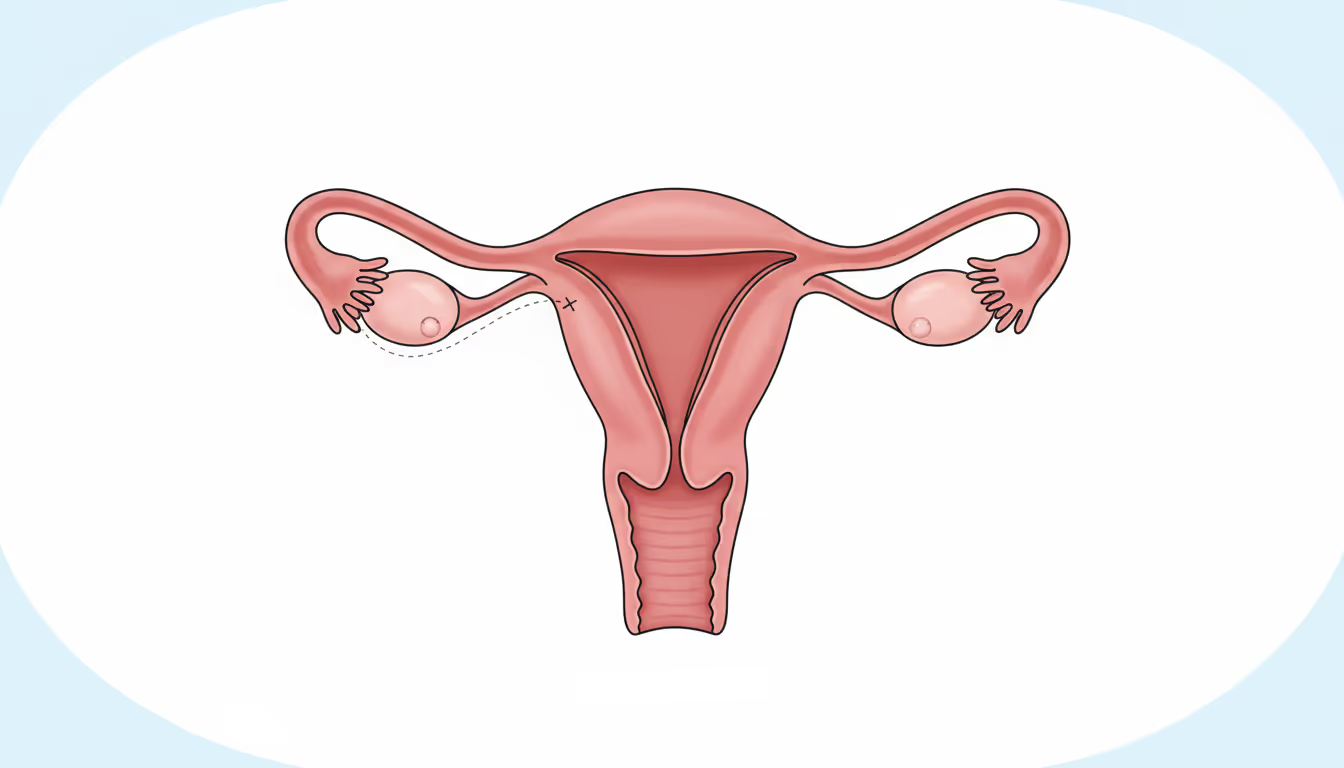
Ectopic Pregnancy:An ectopic pregnancy occurs when a fertilized egg implants and grows outside the usual location, which is the inner lining of the uterus. Most of these pregnancies (about 95%) take place in the Fallopian tubes, but they can also develop in other areas like the ovaries or the abdominal cavity. This condition, affecting approximately 1 in 60 pregnancies, is termed "ectopic" from the Greek word "ektopis," meaning "out of place." It was first used in a medical context by English physician Robert Barnes (1817-1907).Ectopic pregnancies often result from the fertilized egg's inability to travel through the Fallopian tube to reach the uterus. Women aged 35 to 44 are most commonly affected. Several risk factors contribute to ectopic pregnancies, including pelvic inflammatory disease (PID), which can damage or block the tubes; previous surgeries on or near the Fallopian tubes, leading to adhesions; endometriosis, where tissue similar to the uterine lining grows outside the uterus; a history of ectopic pregnancies; repeated induced abortions; infertility issues or fertility treatments; and abnormalities in the shape of the Fallopian tubes, such as a congenital defect.The primary concern with an ectopic pregnancy is the risk of rupture, which requires immediate medical attention. Pain is typically the first symptom, often sharp and one-sided, occurring in the pelvis, abdomen, or even referred to the shoulder or neck due to internal bleeding. Other severe symptoms include weakness, dizziness, or fainting spells, which indicate potential serious internal bleeding.Diagnosing an ectopic pregnancy involves a physical examination to check for pain, tenderness, or a mass in the abdomen. The most helpful laboratory test is measuring the hormone hCG (human chorionic gonadotropin). In normal pregnancies, hCG levels double approximately every two days during the first 10 weeks, but in ectopic pregnancies, the increase is usually slower and lower. Ultrasound can confirm an ectopic pregnancy, and sometimes culdocentesis, a procedure involving needle insertion through the vaginal wall to check for blood behind the uterus, is used.Surgical intervention, often via laparoscopy, is the typical treatment for an ectopic pregnancy to remove the misplaced pregnancy. If the Fallopian tube has ruptured, it often needs to be removed. If it hasn't burst, there may be a possibility to repair the tube.The prognosis for future pregnancies depends on the extent of the surgery. If the Fallopian tube remains intact, the chances of a successful future pregnancy are generally better than 50%. If one tube is removed, fertilization can still occur in the other tube, although the likelihood of a successful pregnancy is slightly reduced.




